Sodium is a valuable nutrient, that has the important function to maintain blood volume in the body. It oversees the work of muscles and nerves and prevents exhaustion and heat stroke, we face during the hot summer months.
Sodium-rich foods
As best sources of sodium are considered salt, bacon, green olives, sea fish, cheese and also other products. Certain amount of sodium, but very low, is contained in unsalted nuts, fruits and vegetables except for carrots, beets and spinach.
100 grams of bread and bakery products contain about 50% of the daily requirement of sodium, rye, corn and oat bread come with the highest content.
Other foods that are high in sodium are soy sauce, sauerkraut juice, meat, bread crumbs, capers, dried tomatoes, sausages, mustard, crackers, chips and waffles.
Functions of sodium
It works in sync with potassium for binding. Sodium is crucial for the regulation of blood volume and blood pressure. Maintaining an appropriate level of sodium not only acts in line with potassium, but also performs some independent functions. Sodium is essential in meeting the specific physiological processes.
Potassium-sodium balance in the total electrolyte balance of the body is an extremely important link in the relative constancy of the fluid inside (homeostasis). Sodium is essential for the transport of substances across cell membranes, acid-base balance of the blood and the activity of some enzymes and others. Daily demand of sodium is obtained from two main sources - salt and sodium compounds such as monosodium glutamate. The need for this item amounts to 1-3 g daily. If one accepts from 5 to 15 g table salt daily, 2-6 g of sodium is absorbed.
The relationship between sodium and potassium is analogous to the link between phosphorus and calcium. When levels of either of the mineral are high, the quantities of the other decrease in the body. From the context, it is clear that the consumption of large amounts of salt leads to the depletion of potassium.
The effect of sodium regulation is expressed in the work of the nerves and muscles. When one does a hard sport, it is quite important to have a great blood reserve due to increased levels of blood flow and blood circulation in the body. The larger blood volume delivers more blood in the working muscles, and the transport of nutrients is implemented and enhanced.

Deficiency of sodium
Increased blood flow requires an optimal amount of sodium in the human body. The decline in blood volume is a serious risk. The nutrients nourish the working muscle, brain and other working organs. A low level of sodium in the body leads to distortions and imbalances in the synchrony between sodium and potassium.
The end result can cause problems with dysfunction of the heart, brain and liver. Therefore, the electrolyte balance in the cell is very important, in order to achieve balance through specific levels of potassium and sodium. Deficiency of sodium can lead to serious consequences not only for actively involved in sports, but also for people leading a sedentary life.
Extreme negative effects of lack of sodium can be dizziness, nausea and disorientation. The decline in the level of sodium in the body destroys the kidneys.
Quantities of sodium in food are absolutely sufficient, resulting in a deficit of sodium in the body. Risk factors for lack of sodium for the human body can be sweating and reduced final consumption of salt. Deficiency of sodium in these situations is expressed in harmful effects such as muscle cramps and irregularities in the assimilation of carbohydrates. Also sodium deficiency leads to neuralgia.
Overdose of sodium
Overdosing with sodium, which means more than 13 to 14 grams daily, is considered toxic. Excessive salt intake causes high blood pressure. This must be a sign of care for people with hypertension, which should reduce our intake of spices to a minimum. Unnecessary amount of minerals (about 90%) are excreted from the body through urine.
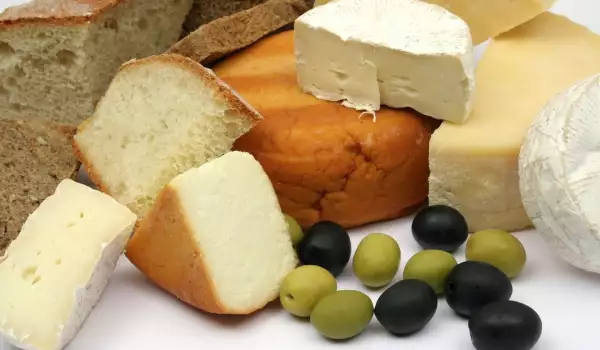
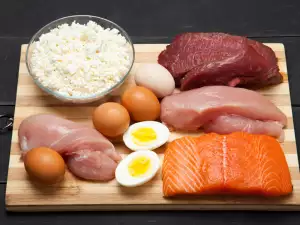






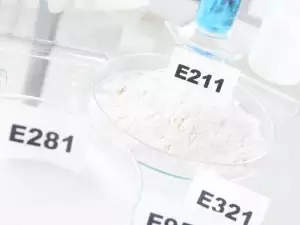
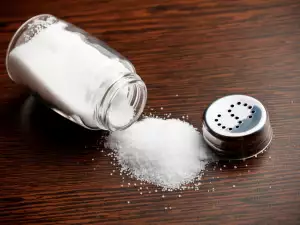
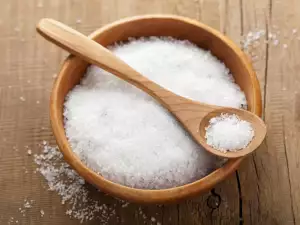
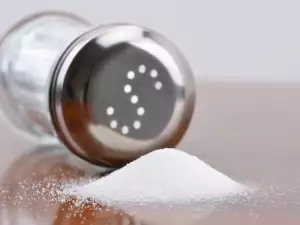

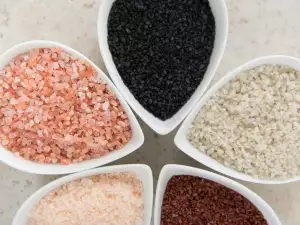
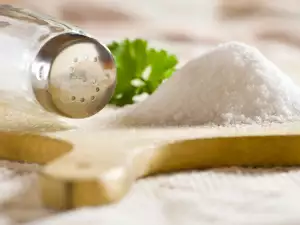
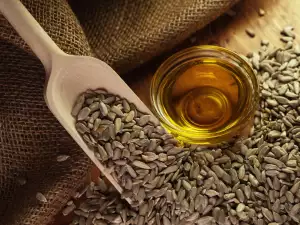
Comments